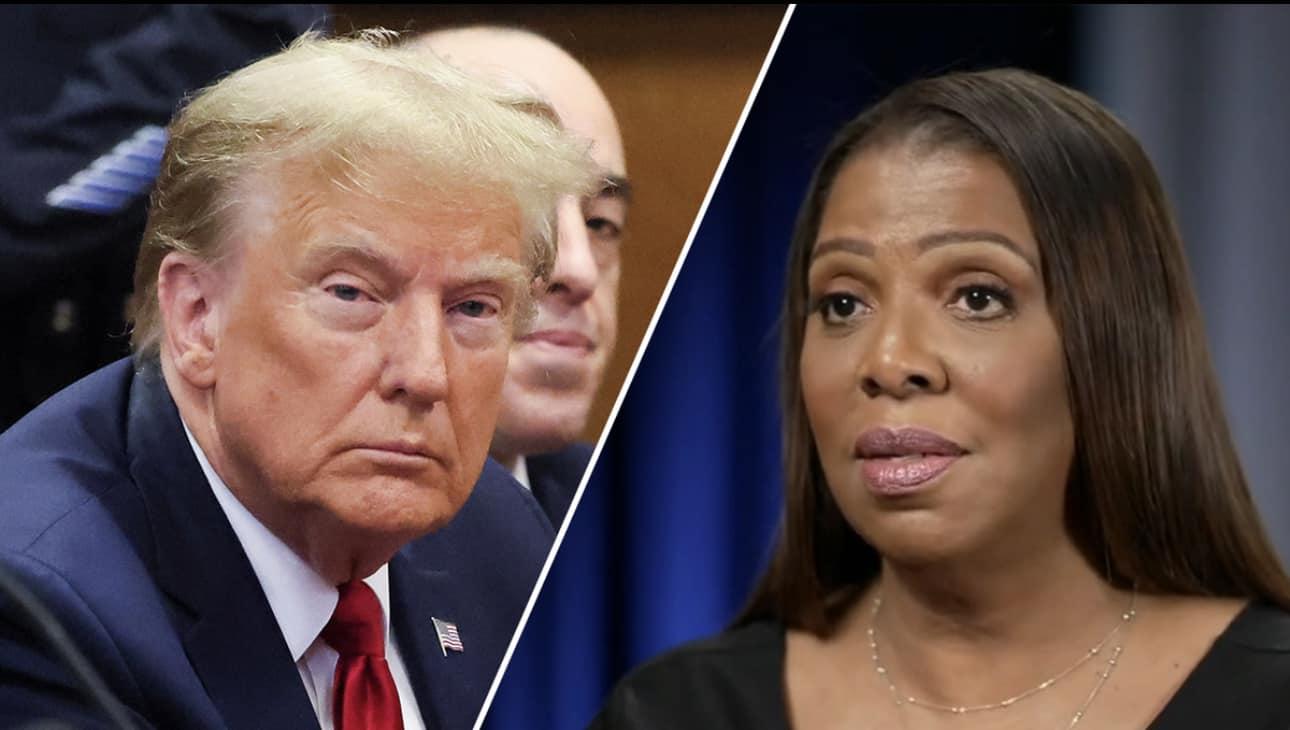New York Attorney General Letitia James is under intense scrutiny as the Department of Justice (DOJ) investigates allegations of mortgage fraud, with potential penalties including up to 30 years in federal prison and $1 million in fines if convicted. The probe, initiated following a criminal referral from Federal Housing Finance Agency (FHFA) Director William Pulte, a Trump appointee, centers on claims that James falsified loan applications to secure favorable interest rates and misrepresented property details. Among the accusations is a 1983 mortgage document where James and her father allegedly signed as husband and wife to meet lending requirements, alongside claims she listed a Brooklyn property as four units instead of five to access better loan terms and misrepresented a Virginia home as her primary residence.

The investigation, reported by outlets like Fox News and The Washington Post, has escalated with a federal grand jury in Virginia issuing subpoenas. James’ attorney, Abbe Lowell, has pushed back, calling the allegations “improper political retribution” tied to James’ successful $454 million civil fraud case against Donald Trump in 2024. Lowell disputes the claims, citing a 2011 loan application and city records confirming the Brooklyn property as four units and clarifying that a 1983 deed listed James as her father’s daughter, not spouse. He also noted a mistaken power-of-attorney form for the Virginia property was corrected, as James explicitly stated it was not her primary residence.
Public sentiment on X is polarized, with some users decrying James as guilty of fraud and others dismissing the probe as a politically motivated attack. Critics, including Rep. Elise Stefanik, argue the allegations undermine public trust, while James maintains they are baseless, linked to her being on Trump’s “enemies list.” The DOJ and FBI have declined to comment, and no charges have been filed as of May 13, 2025. New York’s recent budget provision to fund legal defenses for officials like James has further fueled controversy, with some labeling it a “slush fund.”
The case’s outcome hinges on whether prosecutors can prove intentional fraud, a high bar given Lowell’s evidence. If convicted, wire and bank fraud charges carry severe penalties, as outlined in the FHFA referral. However, real estate lawyers suggest minor misrepresentations may not warrant prosecution unless deliberate deception is clear. As the investigation unfolds, it remains a lightning rod for political debate, reflecting broader tensions between James and Trump’s allies.






